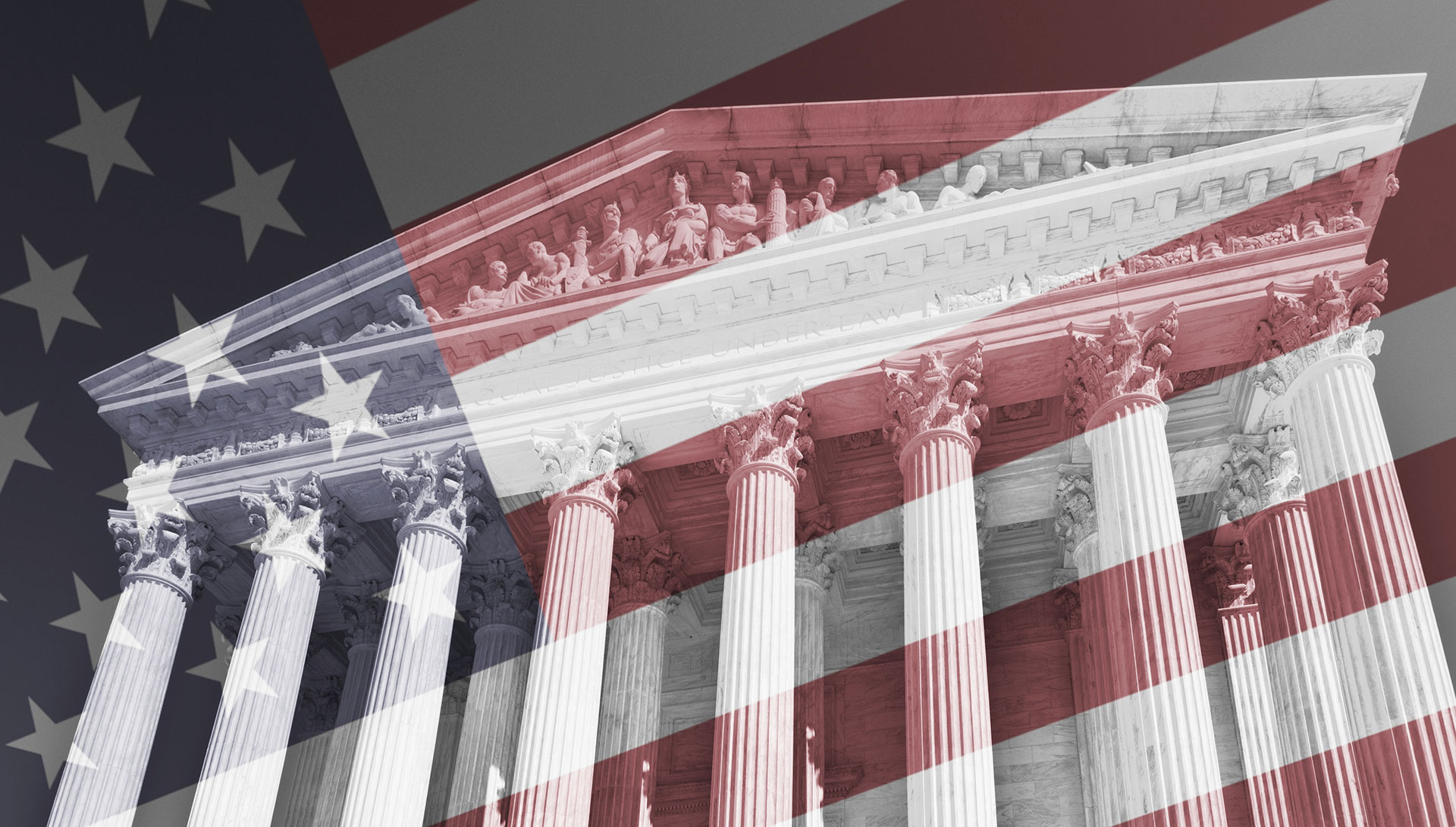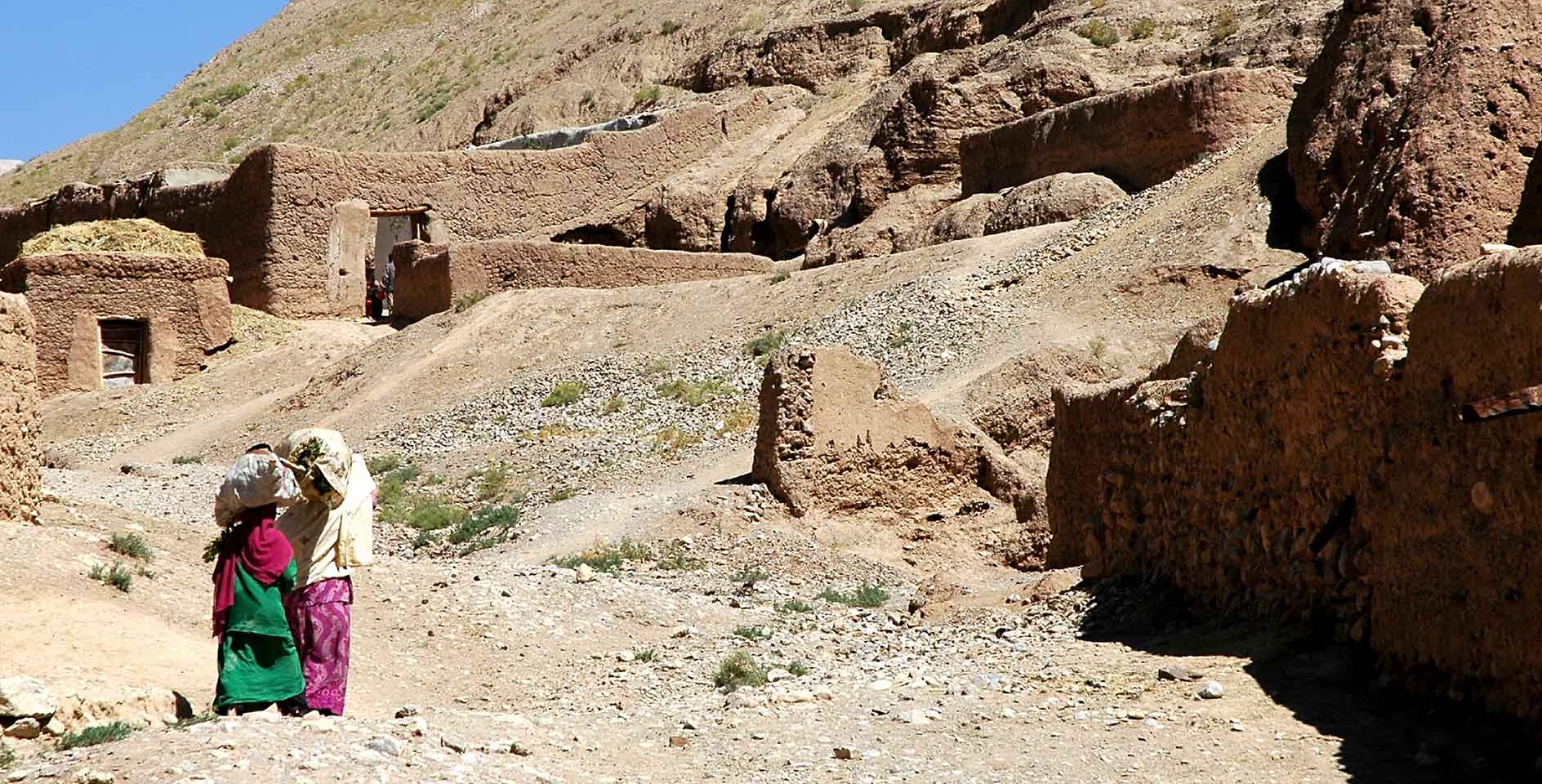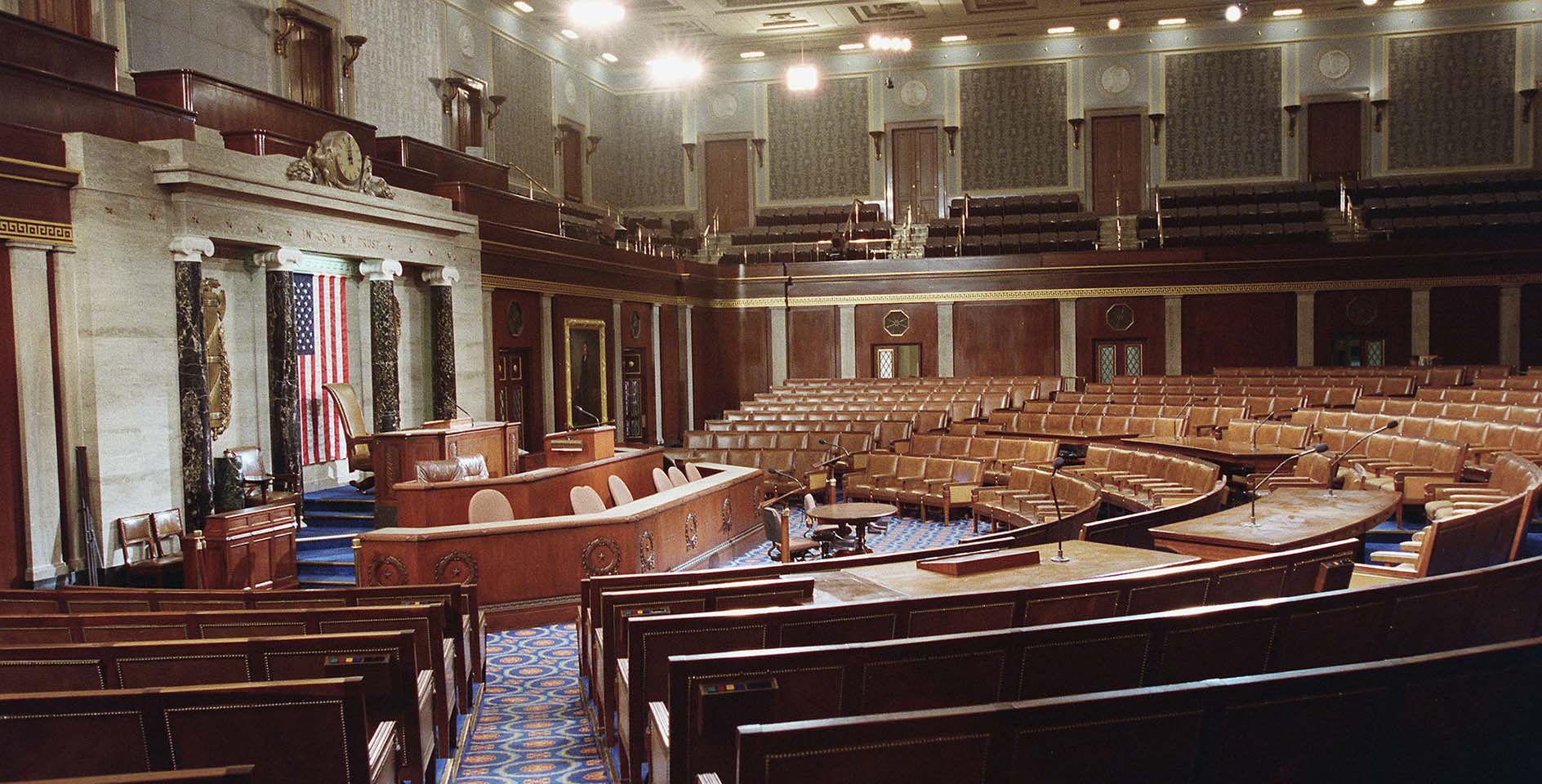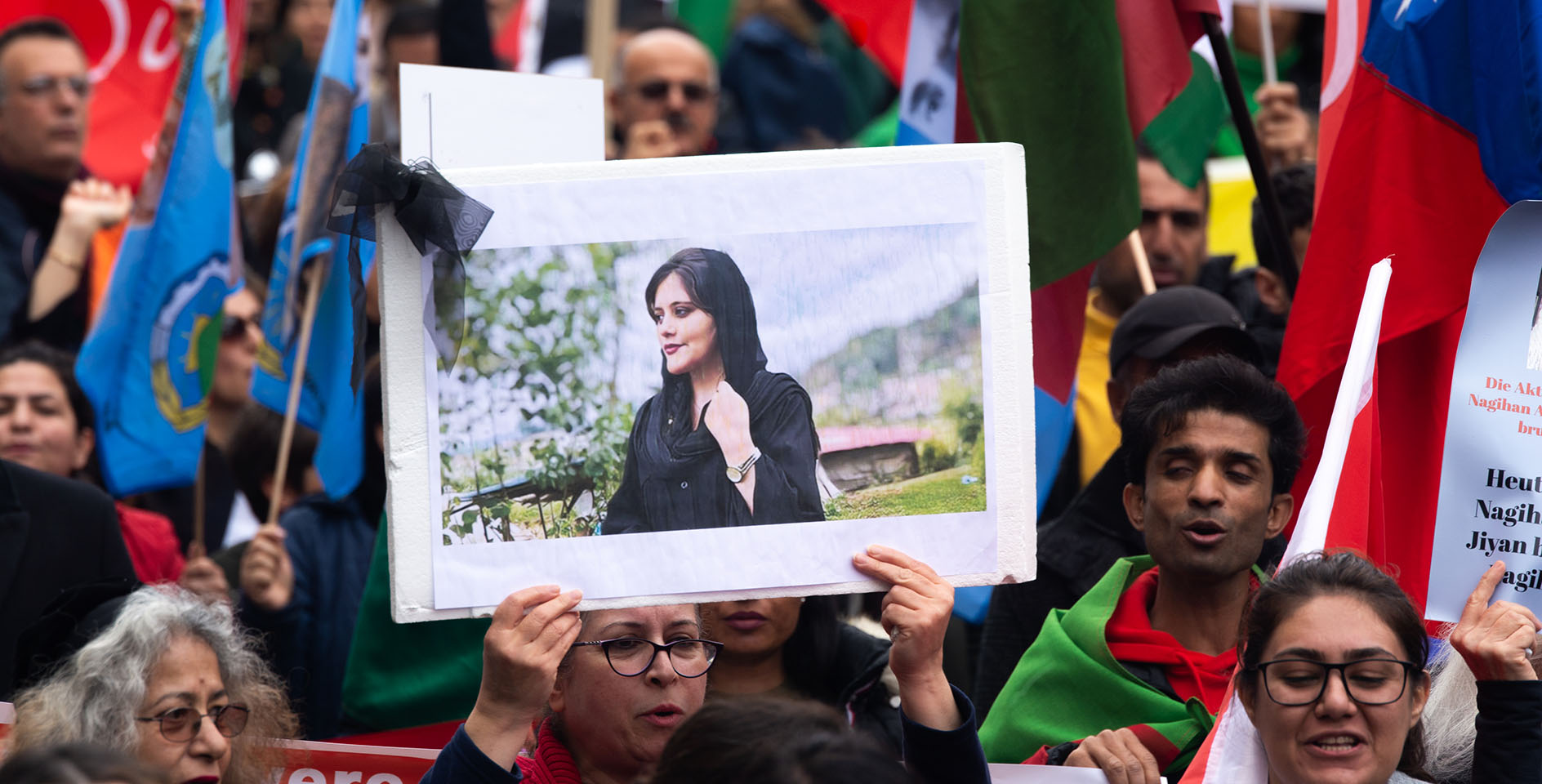Last week, the Obama administration ended its long silence on the question of whether the so-called Islamic State has been perpetrating a genocide against Yezidis, Christians, Shi’a Muslims and others. To its credit, the administration forcefully declared that the Islamic State is guilty of genocide, the strongest word we have to describe the desecration of human dignity.
What is especially significant about the administration’s declaration last week is that Christians were included in the declaration. There had been rumors for months that the administration was planning to declare that the Islamic State had committed genocide, but only against Yezidis. Secretary of State John Kerry’s inclusion of Christians in the declaration is important and legitimizes the indescribable suffering that our brothers and sisters have faced in Iraq and Syria.
Defining genocide
Genocide is a term coined in the 1940s by Raphael Lemkin, and the term combines the Greek root genos with the Latin cide to mean the killing of a tribe, family or race. In short, the term genocide is used to describe a program to completely exterminate a people, to wipe them out of existence.
There are a number of different legal definitions of genocide, but the most authoritative definition comes from the 1948 Geneva Convention on the Prevention and Punishment of the Crime of Genocide. Under the 1948 Geneva Convention, genocide is the intent to destroy, in whole or in part, a national, ethnical, racial, or religious group through any of the following acts:
(a) Killing members of the group;
(b) Causing serious bodily or mental harm to members of the group;
(c) Deliberately inflicting on the group conditions of life calculated to bring about its physical destruction in whole or in part;
(d) Imposing measures intended to prevent births within the group;
(e) Forcibly transferring children of the group to another group.
It is often difficult to prove that a genocide has been perpetrated, in part because the intent to exterminate a people is a tricky thing to prove. The Islamic State, however, has made its intentions very clear, such as when the organization lined up 21 Coptic Orthodox Christians on a beach in Libya, killing them only for being Christians.
The shame of failing to condemn
This marks only the second time since the passage of the 1948 Geneva Convention on genocide that the U.S. executive branch has invoked the word in the midst of the conflict. In 2004, then-Secretary of State Colin Powell declared that a genocide was being committed against non-Arabs in the Darfur region of Sudan. The war in Darfur continues today, and the International Criminal Court has so far been unable to secure a conviction of genocide.
The U.S. did not, to our great shame, invoke the term “genocide” during the Rwandan genocide, which left between 500,000 and 1,000,000 dead. Indeed, in a now-infamous discussion paper, the legal team at the Department State specifically warned against making a declaration of genocide, because this might “commit the [U.S. government] to actually ‘do something’” to stop the genocide.
Burned by the disastrous operation at the Battle of Mogadishu, the Clinton administration decided to stay out of the situation, letting the body count rack up rather than get involved.
That situation is not unlike the one the Obama administration faces today, and we applaud the Obama administration, despite the fact that the country is weary of and burned by lengthy engagements in Iraq and Afghanistan, was willing to do the right thing here.
Recognition comes with obligation
As President Obama says frequently, there are no good options in Syria and Iraq. This much is self-evident.
What is easy to miss in this discussion is that simply saying something really does matter to the international community. As the world’s lone superpower, what the United States says—or doesn’t say say—creates, defines and clarifies international norms on what kind of state behavior is acceptable.
But of course, if there are no consequences when norms are violated, there never was a norm in the first place. And thus comes the Obama administration’s obligation to actually “do something” to help those who are being systematically exterminated from the territory controlled by the Islamic State. Whether the solution is a safe zone in the Nineveh Plain, or forming and supporting militias to protect endangered minorities, or some other solution is for others to say.
But what we can say is that President Obama should now do two things. First, he should articulate and advance a clear strategy to bring the genocide to an end that goes beyond the platitudes of “utterly destroying” the Islamic State. Second, he should set the United States on a course to hold those within the Islamic State accountable before an international tribunal when the dust has settled on this conflict.
Moving toward word and deed
Those of us who have advocated for months for this genocide declaration must give the Obama administration credit: they had the opportunity to remain silent. There was certainly enough precedent to convince themselves that silence was the wisest option. But the Obama administration did not remain silent, and we give them credit for that. And now we urge them to intensify U.S. efforts to do something about the genocide taking place even today.
In the meantime, let us continue to pray for our brothers and sisters in Syria and Iraq who face choices that are unimaginable to us. Let us pray that God would give them wisdom to know where to go and when. In their time of need, let us pray that God would feed them more abundantly than the birds of the sky and clothe them more radiantly than the flowers of the field. But most of all, let us pray that the power and presence of God would be manifest among them.










